News
Stay up to date with our latest campaigns, real-life stories and research updates below.
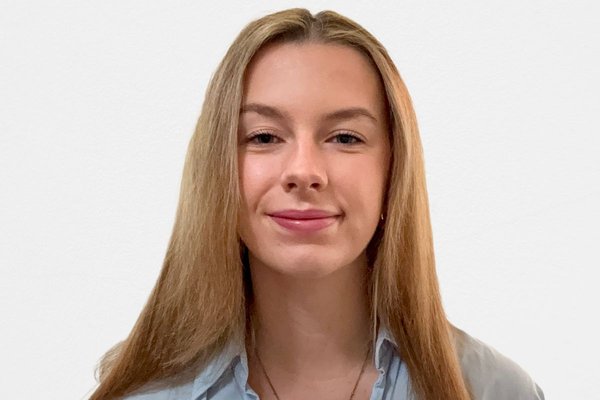
Wellbeing of Women invest over £500,000 in 16 new research grants covering the entire life course
12 Feb 2026
Wellbeing of Women responds to the publication of the National Cancer Plan for England
5 Feb 2026
Wellbeing of Women respond to the prioritisation of menopause and menstrual health in NHS Online roll out
6 Jan 2026
Wellbeing of Women respond to landmark study showing rates of hospitalisation for heavy menstrual bleeding
12 Dec 2025
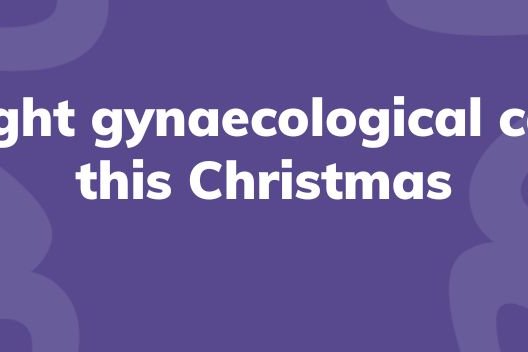
Big Give Christmas Appeal 2025
2 Dec 2025
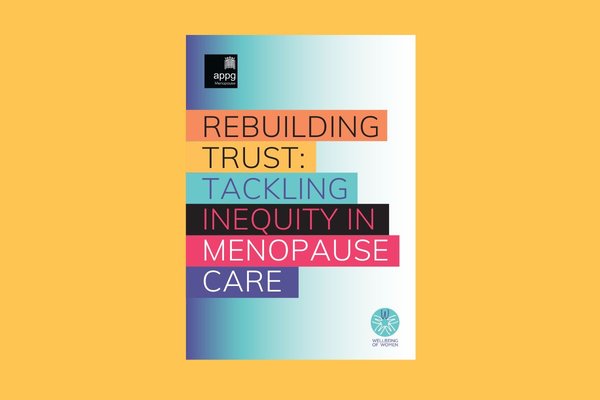
Rebuilding trust: Tackling inequity in menopause care report summary
29 Oct 2025

Rebuilding trust: Tackling inequity in menopause care
29 Oct 2025
Wellbeing of Women respond to Department for Health and Social Care announcement on the introduction of menopause into over 40s health checks
23 Oct 2025
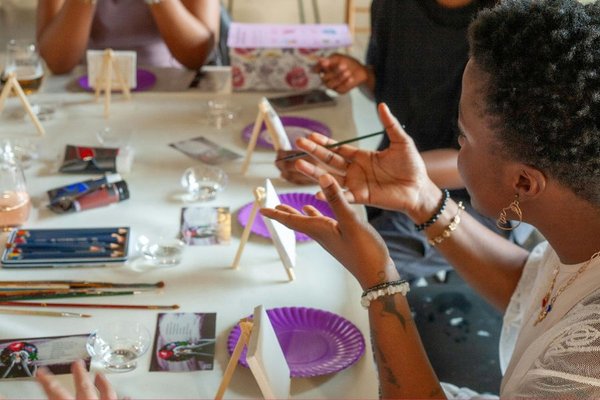
Holland & Barrett and Wellbeing of Women announce 2025 cohort of 10 charities for the Women’s Health Community Fund
9 Oct 2025
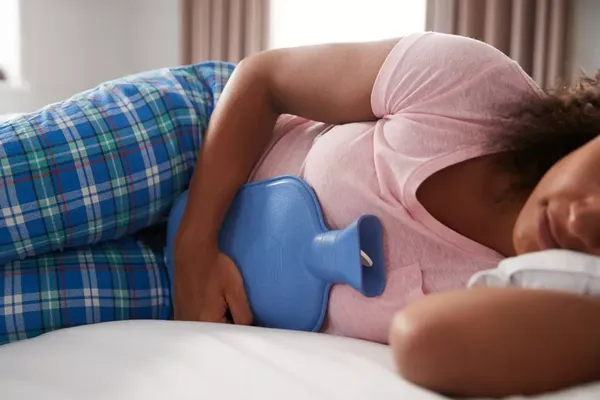
Big Give Women and Girls Appeal 2025
1 Oct 2025
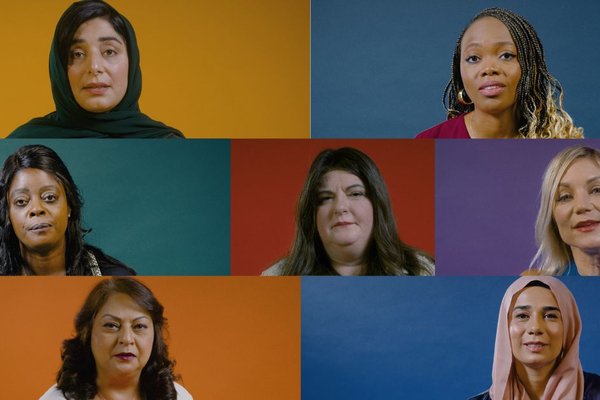
Breaking the silence on gynae cancer inequality
24 Sep 2025
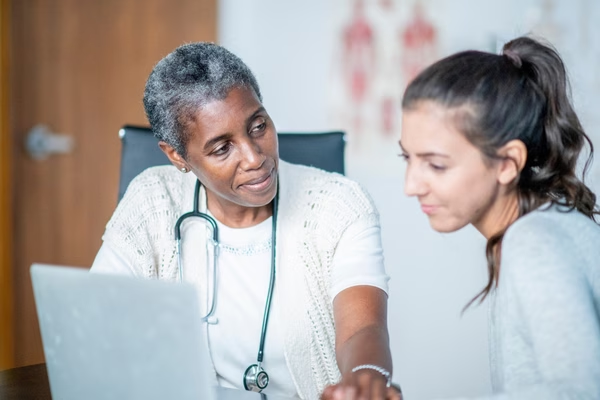
Gynaecological Cancer Awareness Month 2025
5 Sep 2025
There are no articles.